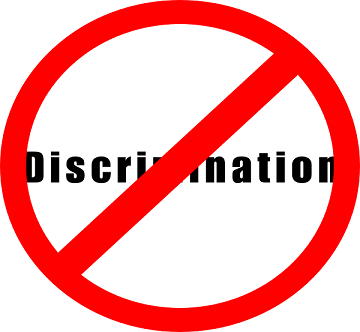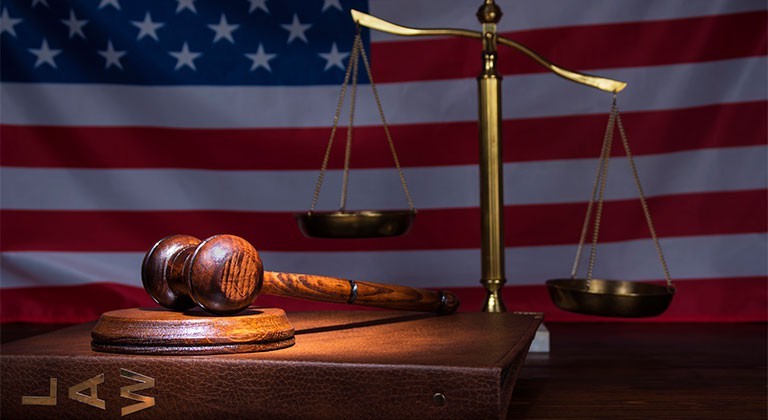Just a few days ago, we blogged about the U.S. Equal Employment Opportunity Commission ("EEOC") and an employer’s consideration of arrest and conviction records in employment decisions. Since then, there has been a recent decision from the federal district court of Maryland about this issue. In EEOC v. Freeman, No. 09-CV-2573 (D. Md. Aug. 14, 2012), Judge Day of the Maryland federal court issued a decision which, in effect, requires the EEOC to provide information about its own hiring practices in a case in which the EEOC alleged that defendant/employer was engaged in discriminatory hiring practices. The EEOC sued in Freeman alleging that the employer was engaged in unlawful hiring practices by performing credit history and criminal background checks on all applicants. The EEOC alleged that this practice was improper because it negatively impacted African American, Hispanic, and male applicants to a greater degree than other applicants. What is the relevance of the EEOC's hiring practices in a case involving the hiring practices of a private business? The Court found that the EEOC's own hiring practices were relevant because a similarity in practices could indicate that the employer’s hiring practices were appropriate. Though the relevance of such information is questionable given the differences between a business and a government entity whose mission is to protect the public, the decision could be significant in terms of the hiring practices that employer’s use and lawsuits that the EEOC is willing to bring in the future.











